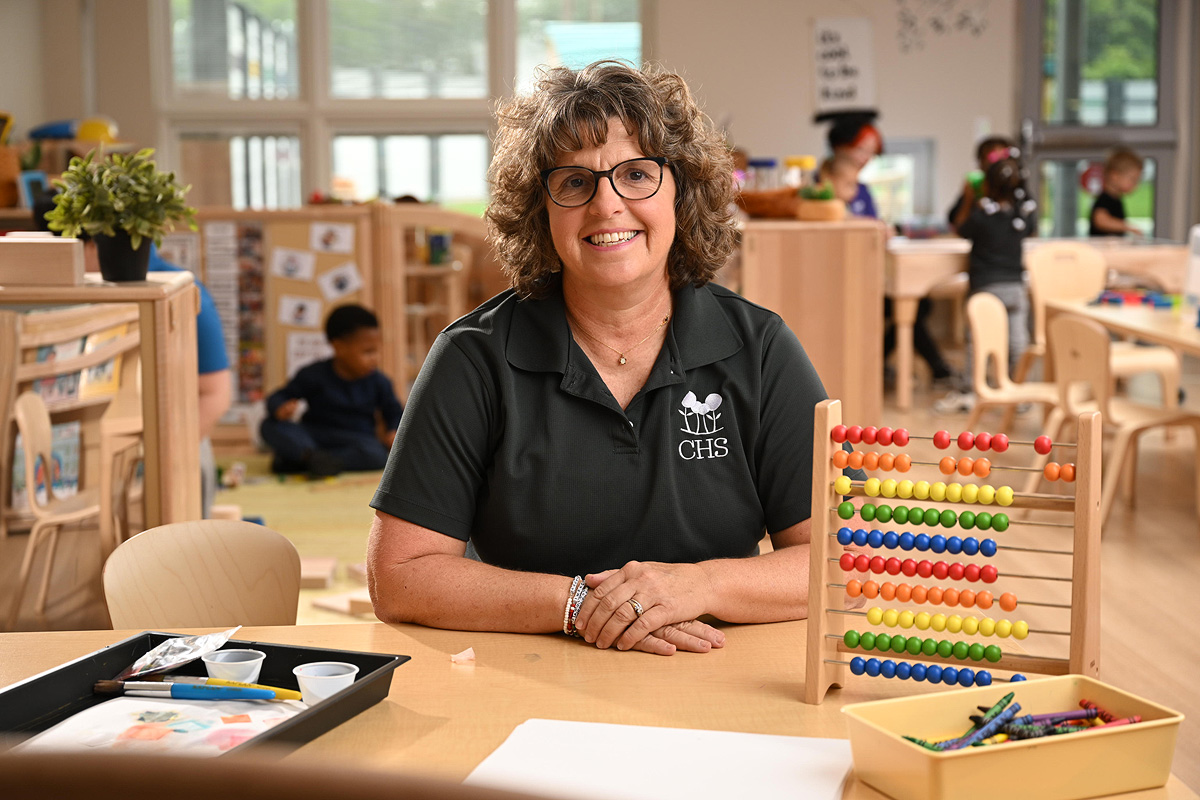How Leadership Styles Impact Early Childhood Outcomes
Leadership in early childhood education looks different for everyone. Learn different strategies and find your educational leadership style.

Early childhood educators are, by definition, leaders. They lead children daily toward their educational goals through high-quality, hands-on learning experiences. Outside the classroom, they may lead family engagement opportunities and community events, which build a sense of community and provide additional academic and social opportunities for the children.
While all teachers serve as leaders, some may choose to pursue a managerial position, whether it be managing people, processes, or experiences. Several roles fall under the heading of early childhood education leader, such as a center director or owner, program administrator, and instructional coach, and if a teacher is currently in an assistant role, they may strive to become a lead.
However, few leaders arrive in their roles with ideal experience, education, or specialized training. If you’re interested in a leadership role or are finding yourself questioning whether your early childhood education leadership style is effective, consider the importance of leadership and evaluate what style suits you best.
The Value of Good Leadership
The failure to recognize the role of the various levels of early learning leaders in ensuring quality and equitable education is critical and is still an issue across the country that should continue to be discussed. However, there is a growing body of research into understanding leadership styles in early care.
Early childhood administration is complex in that it includes both leadership and management functions. “The everyday leadership and management practices directly affect the culture and climate of the center, the teaching practices, and the level and quality of family engagement. These elements, in turn, impact children’s development and learning.” This is according to a study by the National Association for the Education of Young Children.
It’s not just about the impact on children. A common error is for leaders to mistake ‘managerialism’ for ‘leadership.’ A UK study showed that many teachers, when faced with an over-reliance on ‘top-down’ planning and direction by professional managers, showed a loss of commitment, professional identity, self-confidence, and more vulnerability to stress, anxiety, and depression.
Leadership Styles in Early Childhood Education
Leaders in the field of early childhood education have a responsibility and influence that has a far greater reach than faced in other professional environments. Like you, your leadership style will be unique. However, some styles are more effective in an early-year setting:
- Servant Leadership. In a servant leadership educational environment, leaders put others first and are willing to learn, grow, and directly support each team member’s efforts while encouraging people to find and explore their sense of purpose. This can mean involving staff in decision-making, sitting in on lessons to provide encouragement and feedback to teachers, and treating staff and children with care and respect.
- Instructional Leadership. In this leadership model, the leader works alongside teachers to provide support and guidance in establishing effective practices in teaching by communicating with their staff to set clear goals related to child outcomes and quality teaching practices. The leader offers coaching and mentoring to those teachers who require it, as well as ongoing professional development opportunities that allow teachers to explore effective practices. This leadership style allows teachers to rely on their own knowledge to provide a quality learning experience.
- Transformational Leadership. In this approach, one of the newer leadership styles, leaders encourage others to find ways to grow and change. Transformational leaders are not micromanagers but foster a culture of employee independence and ownership. It can help educators motivate each other to improve and innovate within their classrooms with creativity and ‘out of the box’ thinking. This leader typically tends to be hands-on.
Effective leadership can have a lasting impact that will be measured for years to come. To achieve greatness, you need to implement the style that best suits you, your early learning center, and the community you serve.




